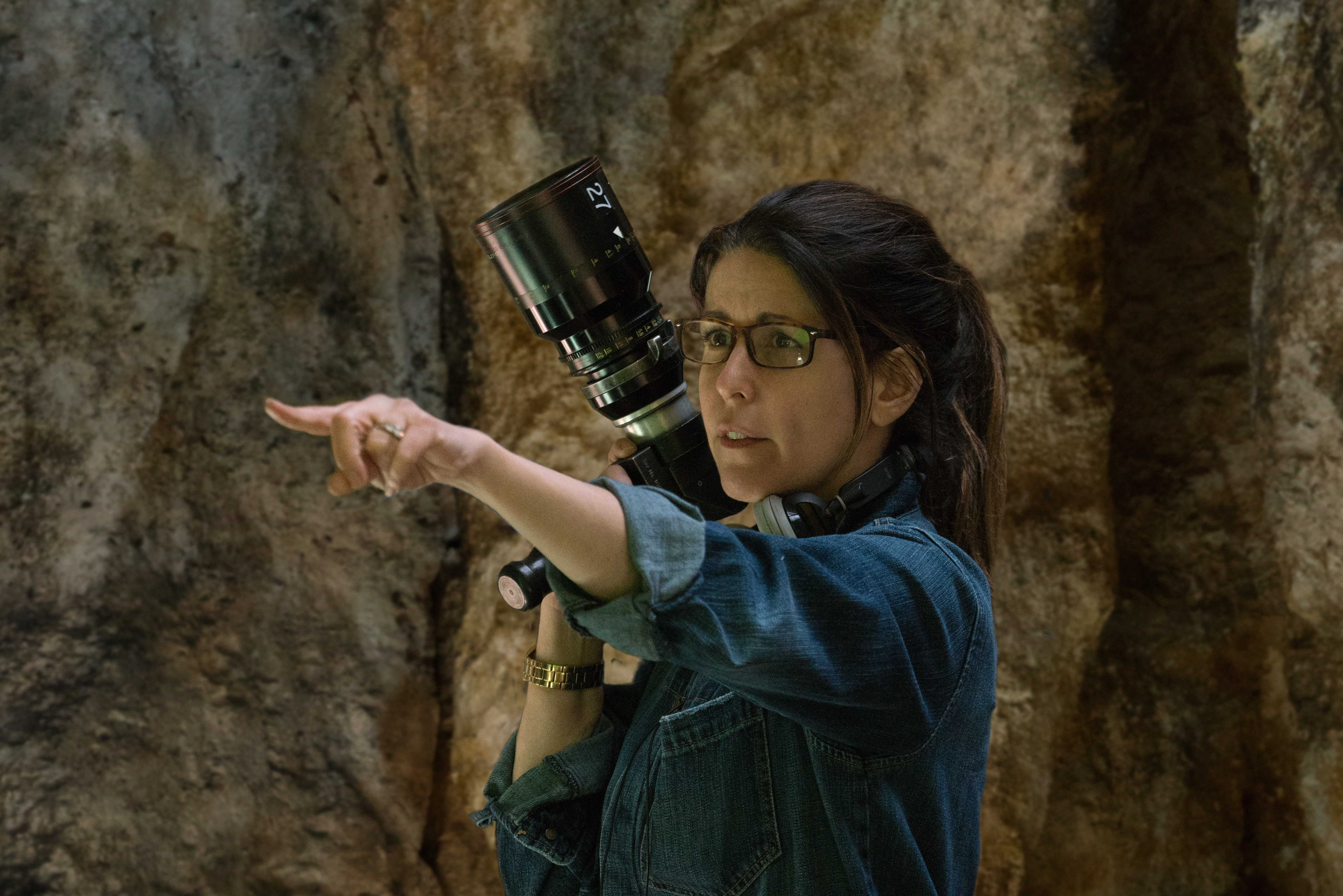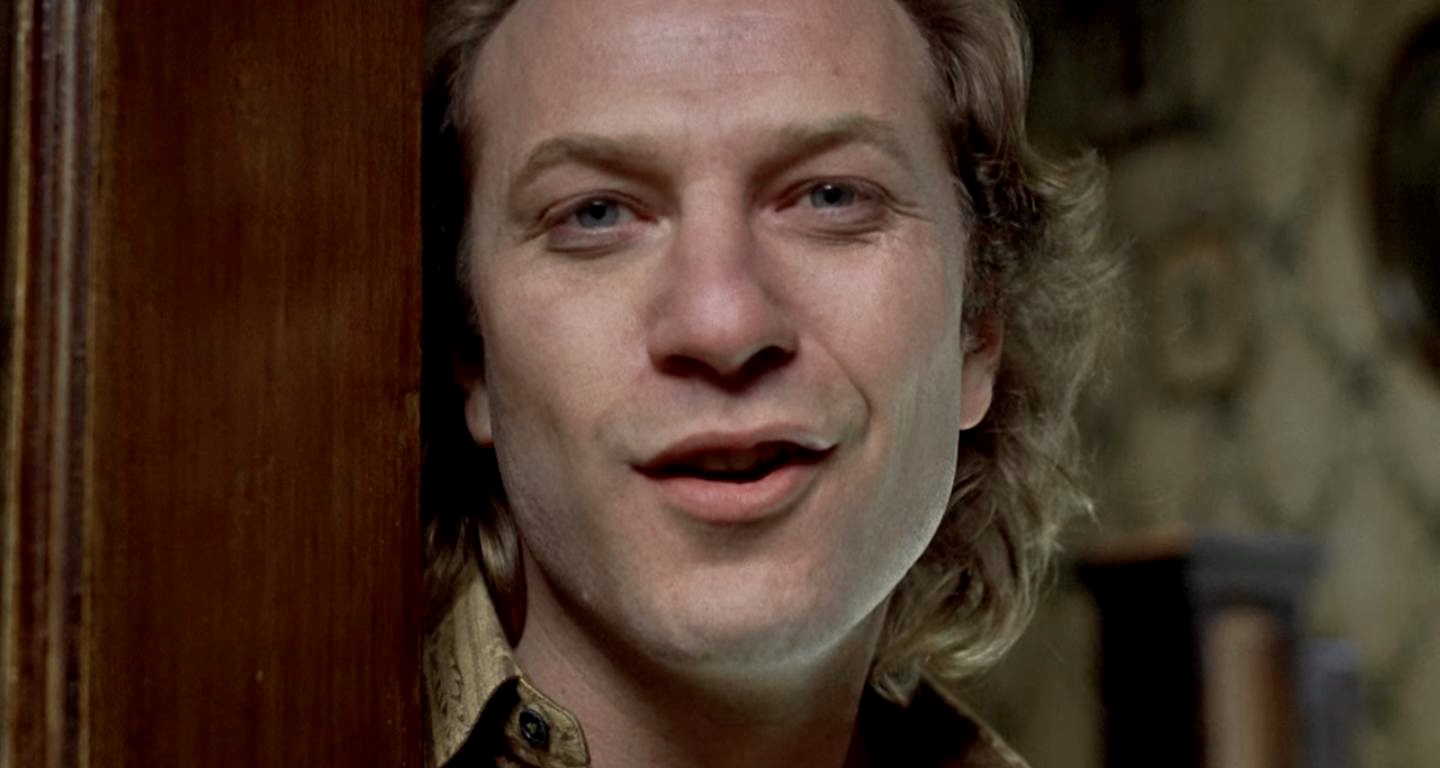
Patty Jenkins had some not-so-nice things to say about streaming movies during a Los Angeles Times-hosted panel at CinemaCon.
I’m probably the millionth person to chime in on Patty Jenkins’s comments but at this point, I don’t care. But let me preface this with the following comment: I feel for every filmmaker who has seen their films disrupted by the pandemic. None of us asked to be in this situation and we’re making the best of a bad situation. If you honestly think I prefer watching films from home, I have news for you. I’d rather be seeing them in the theaters but I’m putting my health first. But even before the pandemic, the smaller indie films would always be sent as screener links. This is mostly because their budgets don’t allow for press screenings. In some instances, they do find a way to screen for press in larger markets. But this is another story for another day.
Wonder Woman 1984 was not the first film to get a day-and-date release during the pandemic. But because it was from Warner Bros. and DC, it was one of the highest profile titles to go that route. Jenkins made it known that she wasn’t happy about this. Again, I can’t blame her but what else do you do? Would she have preferred that the film be delayed indefinitely? Look at where we are now. It’s been about a year since Tenet came out and even with a vaccine, it feels worse than last year because of all the selfish people. Texas and Florida, need I say more?
Jenkins touched on the content that people are watching on streaming.
The streaming industry has proven that it wasn’t true that adults didn’t want to go see dramas, and that people didn’t want to go see documentaries. They do want to see those all things. I’m going to fight right by your side to keep my films in the theatrical experience and I’m excited for us to bring back the theatrical industry on the other side of this.
I think back to how Bob Iger narrowed the number of films that Disney released each year. Unfortunately, Touchstone Pictures also saw the end of the line. Mid-budget dramas either end up with a streaming service or they find a theatrical distributor. Think back to a few years ago and MoviePass helped people see movies that they probably wouldn’t have otherwise watched on the big screen.
There were some comments made during the panel about making theaters a premium event similar to sports. I’m sorry but this is just wrong. We’re at this point similar to that of the 1950s. There’s so much content that people can watch at home. What does the industry do to get butts in seats? This is what has to drive the future. Higher prices ain’t it, pal.
As Paramount’s Chris Aronson notes:
Pricing is an issue in our business. It simply is. If we revert solely to premium formats, attendance is going to continue to go down and down and down. And nobody wants to acknowledge it.
If I don’t attend a press screening, I typically go on the Tuesday following the release. Or at least that’s what I did before the pandemic. This is because of my budget. With my freelance salary or lack thereof, discount Tuesdays were my only option. However, I’m not attending any public screenings during the pandemic.

In discussing the Wonder Woman 1984 day-and-date release model, Jenkins acknowledged the truth about the pandemic not being under control. Let me add: there are too many streaming services. Way too many. I’m lucky that I get comp subscriptions to two of them because of press perks. Some streaming services don’t offer press screeners in advance of release and in turn, we have no choice but to watch if we want to cover something. This is another discussion to be had. But anyway, here’s Jenkin’s response:
It was a very, very, very difficult choice. I was looking at what is actually turning out to be true, which is, we have no idea when this pandemic is going to get under control in the way that we hoped. It was the best choice of a bunch of very bad choices at the moment. It was a heartbreaking experience and hugely detrimental to the movie, and I sort of knew that could happen. I was happy to give the movie to the public. I don’t think it plays the same on streaming ever. It was the right choice for all of us, and I was very much in deep conversation with Warner Bros. about that particular film. But no, I’m not a fan.
I’m not a fan of day-and-date and I hope to avoid it forever. The truth is I make movies for the big screen. I’m OK with people watching it for a second or third time on their phone, but I’m not making it for that experience. I love the theatrical experience, and I don’t understand why we’re talking about throwing it away for 700 streaming services that there’s no room for in the marketplace. It doesn’t make sense for studios that have billion-dollar industries to throw them in the garbage so they can roll the dice at competing with Netflix. It’s crazy to me. All I’m saying is that one studio should make a huge commitment to the theatrical experience and plant the flag and the filmmakers will go there as a result.
Unfortunately, studios are focusing on the bottom line. Look at Sony Pictures, for instance. Jason Reitman said point blank during the Ghostbusters: Afterlife presentation that they are the only studio firmly committed to theatrical. I’m sorry but I can point to at least four films greenlit by Sony that would beg to differ. This weekend’s Cinderella is one of them–the studio unloaded the film onto Amazon.
Here’s the kicker that came during an exchange between Aronson and Jenkins–the comments that everyone is now talking about:
Aronson: I have a line that if you put a film on TV, no matter what it was originally made for, it’s a TV film. Put it in a theater, that’s a movie.
Jenkins: And by the way, aren’t you seeing it? All of the films that streaming services are putting out, I’m sorry, they look like fake movies to me. I don’t hear about them, I don’t read about them. It’s not working as a model for establishing legendary greatness.
They are not fake movies. Ask the filmmakers. Oh, right–several of them were supposed to get a theatrical release but the studio unloaded onto a streamer because of the pandemic. Profits are everything in this business. A studio is not going to hold a film or take a loss. They’ll find a way to make money on it. Just ask Sony Pictures!
I understand what she’s saying about not hearing or reading about them. This is why the Disney+ and Apple TV+ models are working better than Netflix, which releases everything at once. Because Disney+ and Apple TV+ are releasing their episodes weekly, they are able to dominate the conversation. But with streaming movies, I disagree with calling them fake but she’s not wrong with the rest of the statement. Films can keep a conversation going by playing in theaters. With a streaming release, they do feel like a dime a dozen. If anything, we need to stress what streaming films are considered a TV movie.
To make a point on what Jenkins is saying: I recently watched Afterlife of the Party ahead of it’s Netflix release. How many people watched the film on it’s opening day? It’s directed by Stephen Herek, the same filmmaker who did Bill & Ted’s Excellent Adventure, The Mighty Ducks, and Mr. Holland’s Opus. While I saw some junket interviews when I perused Twitter, there were five reviews on Rotten Tomatoes when I last checked. A press junket might let me know about a film’s existence but a review lets me know if it’s actually worth watching. It is, by the way–it might not be the best film this weekend but it’s still good and you might take way something.






